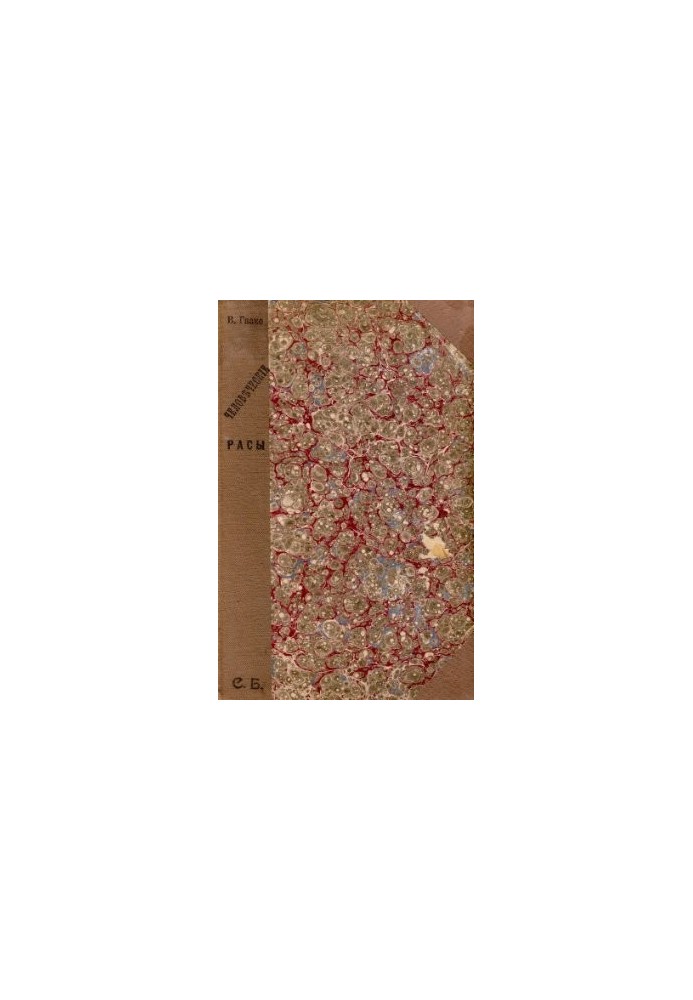Bitner (editor). Human races. Popular peoples.
 Instant download
Instant download
after payment (24/7)
 Wide range of formats
Wide range of formats
(for all gadgets)
 Full book
Full book
(including for Apple and Android)
St. Petersburg: Editions of "Bulletin of Knowledge" . - 1905. - 50 s. Professor B. Haake, (p.) 3):This book is intended to introduce us to the human races, t. e. with different kinds of people. And here from the first step we come across a question that, we must admit, is not so easy to answer: what is the human race, what is race or breed in general? 48): Thus, we see that in nature there is a gradual process of mixing races . "People," concludes Prof.. Haake, - unequal, some by nature are higher, others lower. This is the case not only in America, Africa, Australia, where the process of settling Europeans among the lower known native inhabitants continues, but this is also happening in Germany. God save us from those who want to change. Criticism of the D. Haake, editor of this book, internationalist B. In. Bitner notes on page. 48: Honored Scientist [B. Haake], as readers see it, invades here an area where his authority is waning, where his word is not supported by knowledge, A by feeling alone, And by feeling not good. This base selfish impulse is reflected in the domestic policy of official Germany, which persecutes Poles and other Slavs. And "science" (of course, not real) begins to look for excuses for this policy of misanthropy, pointing to the danger to which culture is allegedly exposed by the "inferior race" .. But gentlemen of this type, not to mention the immorality of this falsification of scientific facts, quite forget that almost all great men have descended from "mixed blood." No, all people are equal! If some are lagging behind in their development, then the noblest task of the better, more developed part of humanity should be the constant desire to help the smaller brother, to raise him to himself, and not to repel . So says the heart, so says the true science.
LF/313666930/R
Data sheet
- Name of the Author
- В.В.
Гааке В. (автор) - Language
- Russian


























